 When buying a home, one of the most critical factors is determining how much you can borrow through a mortgage. Lenders evaluate multiple financial aspects to assess your borrowing capacity. Here’s what they consider:
When buying a home, one of the most critical factors is determining how much you can borrow through a mortgage. Lenders evaluate multiple financial aspects to assess your borrowing capacity. Here’s what they consider:
1. Income and Debt-to-Income (DTI) Ratio
Lenders assess your income to ensure you can afford monthly mortgage payments. A common guideline is that your total housing costs (including principal, interest, taxes, and insurance) should not exceed 28% of your gross monthly income. Additionally, your total debt-to-income (DTI) ratio—including credit cards, student loans, car loans, and other debts—typically should not exceed 43% for most conventional loans. A lower DTI increases your borrowing potential.
2. Credit Score
Your credit score reflects your financial responsibility. A higher score can qualify you for a larger loan and lower interest rates, while a lower score may result in higher rates or stricter lending terms. Most lenders prefer a credit score of 620 or higher for conventional loans, while FHA loans may allow scores as low as 500 with a larger down payment.
3. Down Payment
A higher down payment reduces the amount you need to borrow and lowers your loan-to-value (LTV) ratio. Conventional loans often require at least 5% down, but putting down 20% or more can help you avoid private mortgage insurance (PMI) and may qualify you for better terms.
4. Loan-to-Value Ratio (LTV)
The LTV ratio measures the loan amount relative to the home’s appraised value. A lower LTV means lower risk for lenders, which can increase your borrowing power. Most lenders require an LTV of 80% or lower to avoid PMI.
5. Interest Rates
Prevailing interest rates impact how much you can borrow. When rates are low, you may qualify for a higher loan amount with the same monthly payment. When rates rise, your borrowing power decreases unless your income significantly increases.
6. Loan Term
The length of your mortgage affects borrowing capacity. A 30-year loan offers lower monthly payments, increasing affordability, while a 15-year loan requires higher payments but saves on total interest costs.
7. Financial Reserves
Lenders may require proof of financial reserves, such as savings or investment accounts, to ensure you can cover mortgage payments in case of income loss. Generally, having at least two to six months’ worth of mortgage payments in reserves strengthens your application.
Mortgage lenders evaluate multiple factors, including income, credit score, down payment, DTI ratio, LTV ratio, interest rates, loan terms, and financial reserves. Since lending criteria vary by institution, shopping around for the best mortgage terms can help you maximize your borrowing potential and secure the best deal.
Have questions about your mortgage options? Give me a call today, and let’s find the best financing solution for your home!


